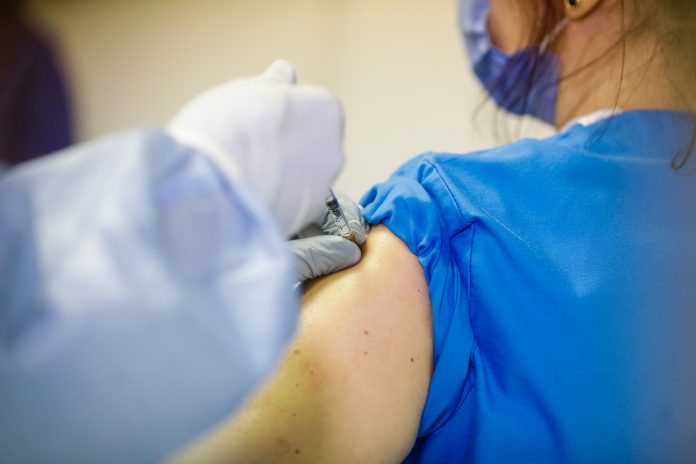A new UK study will examine the immune systems response to COVID-19 vaccinations in patients with immunosuppressed conditions
The OCTAVE study will assess how patients, with certain immunosuppressed conditions, respond to the COVID-19 vaccines to help determine how best to vaccinate them.
Current evidence shows that people with medical conditions, such as cancer, inflammatory arthritis, diseases of the kidney or liver, a stem cell transplant, may not obtain optimal protection due to the treatment they receive as part of their care.
The research team will use a variety of state-of-the-art immune tests performed on blood samples taken before and/or after the COVID-19 vaccination and compare the results against control groups of healthy people who also received the vaccines.
The results will help determine patients’ COVID-19 immune response and the likelihood of how effective these vaccines are at fully protecting these groups from SARS-CoV-2 infection.
Professor Iain McInnes, Head of the College of Medical, Veterinary and Life Sciences at the University of Glasgow who leads the OCTAVE study, said:
“We urgently need to understand if patient populations with chronic conditions such as cancer, inflammatory arthritis and kidney and liver disease are likely to be well-protected by current COVID-19 vaccines.
“The OCTAVE study will give us invaluable new data to help us answer questions of this kind from our patients and their families.”
The study is sponsored by the University of Birmingham and is being run by the university’s Cancer Research UK Clinical Trials Unit (CRCTU).
It has been funded by the Medical Research Council (MRC) and involves collaboration from:
- University of Glasgow
- University of Birmingham
- University of Oxford
- University of Liverpool
- Imperial College London
- Leeds Teaching Hospitals NHS Trust.
Professor Fiona Watt, Executive Chair of MRC, said: “This study is investigating the response to the new COVID-19 vaccines in people whose immune systems make them more vulnerable to COVID-19 and other infections. This will help ensure that those more at risk from infection receive the best protection possible.”
University of Birmingham Professor Pam Kearns, Director of the CRCTU, said: “We are pleased to be supporting this important nationally collaborative study that will inform the best use of the COVID-19 vaccines to protect these vulnerable patients.”










